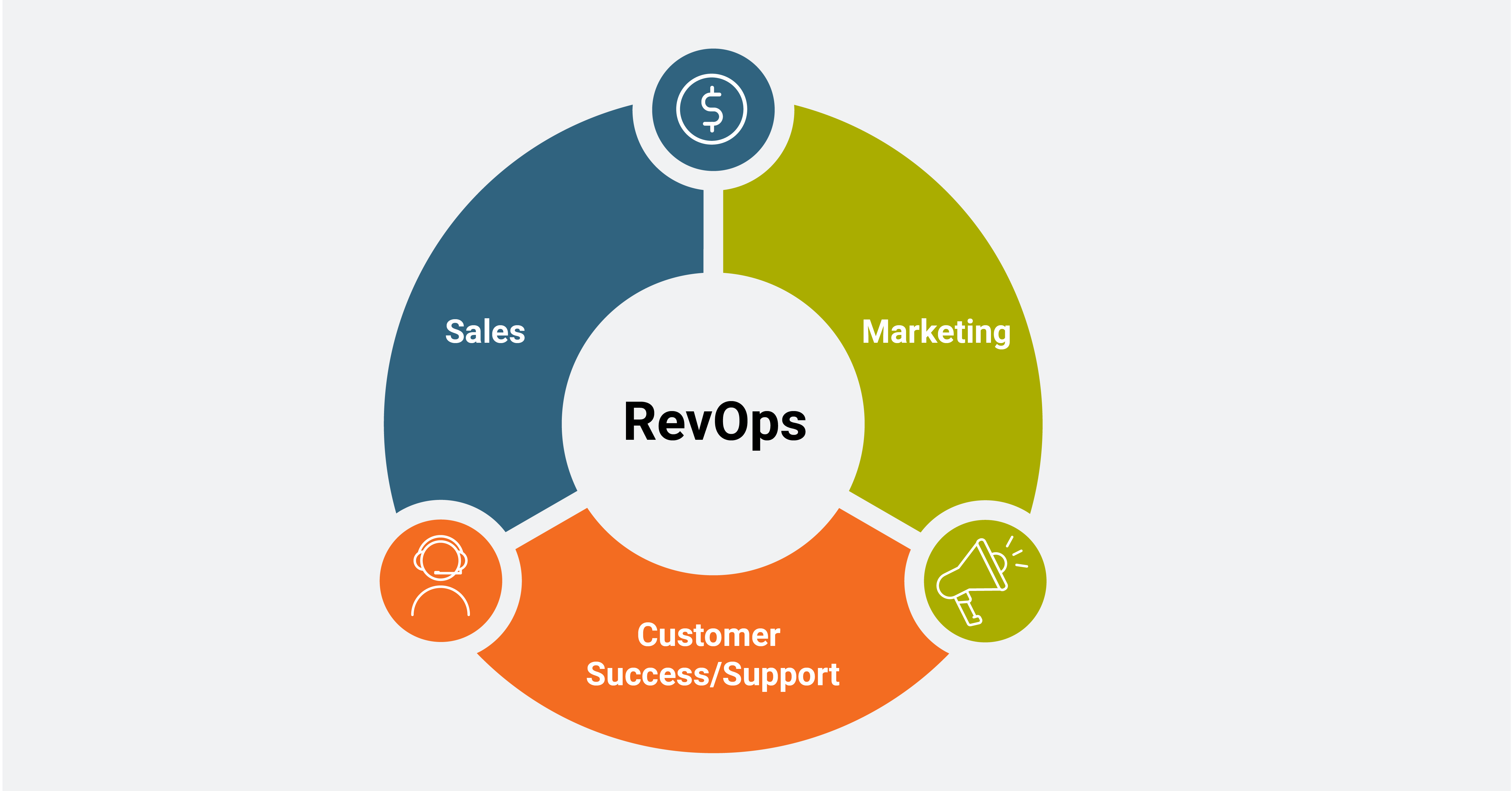Many high-growth software stocks were crushed over the past few months as rising interest rates sparked a rotation toward value stocks. However, those panicked investors also tossed out plenty of babies with the bathwater.
Shunning all software stocks is myopic, since the sector could still generate market-beating returns over the long term. So today, I’ll highlight three software stocks that are still solid buys for 2022 and beyond: ServiceNow ( NOW -1.72% ), Adyen ( ADYE.Y -4.75% ), and Twilio ( TWLO -6.94% ).

Image source: Getty Images.
1. ServiceNow
ServiceNow helps companies manage their digital workflows with subscription-based cloud services. It ended 2021 with more than 7,400 customers, including approximately 80% of the Fortune 500, and 1,359 of its customers had annual contract values of over $1 million.
ServiceNow’s business was unfazed by the pandemic. Its subscription revenue rose 31% in 2020 and grew 28% in 2021, and it anticipates 28% growth in 2022. It also plans to generate at least $15 billion in annual revenue by 2026, which would represent a compound annual growth rate (CAGR) of at least 20.9% from its $5.81 billion in adjusted revenue in 2021.
ServiceNow’s growth rates are consistent because it regularly maintains a renewal rate of 99% and it benefits from the secular demand for digital workflow management services across multiple industries. Its gross margins have consistently remained above 80%, and it turned profitable on a generally accepted accounting practices (GAAP) basis in both 2020 and 2021.
Those stable profits make ServiceNow a much safer play than many of the sector’s unprofitable high-growth stocks. It isn’t cheap at nearly 80 times forward earnings and 16 times this year’s sales, but ServiceNow’s strengths arguably justify those premium valuations.
2. Adyen
Adyen is often compared to PayPal and Block, but the Dutch digital payments company actually operates a different business model than its two American counterparts.
Ayden doesn’t provide a consumer-facing app like PayPal or Block. It also doesn’t dabble in cryptocurrency trades, and it doesn’t issue any physical debit cards linked to its platform. Instead, it develops backend software that can be integrated into their own online, mobile, and in-store payment systems to accept over 250 payment methods. Merchants can also use Ayden’s software to develop their own branded mobile wallets.
In 2020, Adyen’s revenue rose 28% as its processed volume grew 27%. Both growth rates dipped from 2019 as brick-and-mortar retailers shut down, but that slowdown was partly offset by its growth in online sales. In 2021, its revenue rose 46% as its processed volume jumped 70%. It attributed that acceleration to business reopenings and relaxed lockdown measures.
Adyen is firmly profitable, but it earnings before interest, taxes, depreciation, and amortization (EBITDA) give us a clearer glimpse of its underlying growth. Its EBITDA rose 27% in 2020 and grew another 57% in 2021.
Adyen’s growth will inevitably decelerate as it laps its post-lockdown recovery, and its stock isn’t cheap at nearly 70 times this year’s EBITDA and 44 times this year’s sales. Nonetheless, investors looking for a simpler alternative to PayPal and Block should still take a much closer look at Adyen.
3. Twilio
Twilio’s cloud-based platform handles integrated text messages, voice calls, video, and communication-based security features for mobile apps. Instead of developing those features from scratch, a developer simply outsources them to Twilio with a few lines of code.
Twilio’s first-mover’s advantage in this niche market has drawn big customers like Lyft, Airbnb, and Twitter to its usage-based platform. It’s also acquired smaller platforms to expand its ecosystem with new features.
Twilio’s revenue rose 55% in fiscal 2020 and increased 61% in fiscal 2021. Some of that growth came from acquisitions, but Twilio expects its organic revenue to rise more than 30% annually for at least the next three years.
The bears will argue that Twilio is still deeply unprofitable, and that its gross margins are being squeezed by competitors and new wireless carrier fees. Those concerns are valid, but Twilio believes its annual gross margin will eventually expand from 51% in 2021 to more than 60% as it cross-sells additional services and locks in more favorable cloud infrastructure rates.
Twilio’s stock got a bit overheated in early 2021, but the stock has been cut in half over the past six months and now trades at just nine times this year’s sales. That lower price-to-sales ratio makes Twilio a compelling investment for growth investors who can stomach the near-term volatility.
This article represents the opinion of the writer, who may disagree with the “official” recommendation position of a Motley Fool premium advisory service. We’re motley! Questioning an investing thesis – even one of our own – helps us all think critically about investing and make decisions that help us become smarter, happier, and richer.




